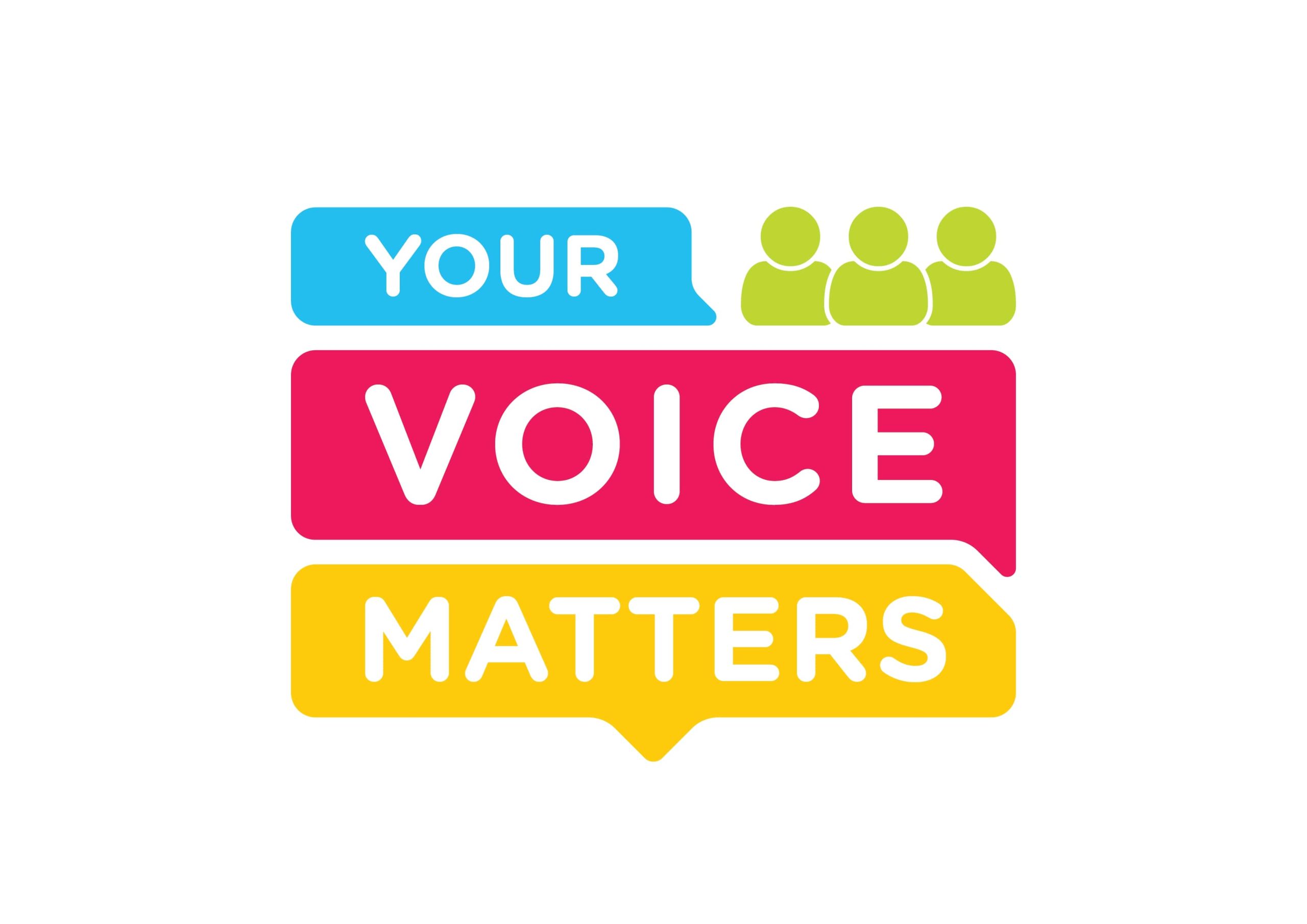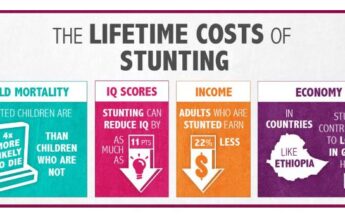It has been slightly over six months since attempted suicide was decriminalised in Malaysia. At the time, it was lauded as an important milestone in the hope that it would reduce the stigma of mental health conditions like depression and thus encourage more people to seek help.
Since then, many other issues have taken centre stage, and a concerted effort to leverage on this event has yet to materialise. However, we cannot afford to rest on our laurels, as national data clearly indicates a rising trend in suicidal thoughts and attempted suicide – from 7.9 per cent and 6.8 per cent respectively in the National Health and Morbidity Survey (NHMS) 2012, to 13.1 per cent and 9.5 per cent respectively in NHMS 2022.
These numbers, already alarming, hide an even larger population of those who have lost a loved one to suicide. Like the proverbial iceberg with its mass hidden beneath the surface, the unseen and unspoken impact of suicide is often found among those who are left behind, known as suicide survivors.
These individuals are the ones who must find a way to cope with the pain of losing a loved one who has died by suicide, be it young children who have lost an older sibling, parents who have lost a child, schoolmates who have lost a friend, and so on.
Unlike an accident, which is unexpected, or an illness, which allows loved ones to prepare for the loss, a suicide survivor is often left to wonder ‘why’ and experiences a barrage of emotions that range from hurt, confusion and betrayal to feelings of guilt, self-blame and abandonment.
Coping with these emotions can be very challenging, as trauma and grief affect us all, even if we are not aware of its impact. Furthermore, studies in South Korea and the United Kingdom indicate that a suicide survivor has a higher risk of dying by suicide themselves. With this in mind, we must step up our efforts, not only to prevent suicide but to support the ones who are left behind.
Understanding Grief
It is important to understand that the manner in which we grieve or cope with grief is different for every individual. The effect can be internal, such as having difficulty sleeping or feeling depressed, or it can be external, such as children acting out in school or misplaced aggression and hostile behaviour.
Sometimes, it can be a combination of internal and external signs of distress, which may also affect relationships.
Often times, very young children may not be able to understand their loss, while older children or teenagers may turn to play or other activities as a way to process their emotions.
Regardless of age, some individuals find it difficult to even acknowledge their loss or the grief, or they may attribute it to stress. This can sometimes manifest in self-destructive behaviour, such as turning to consumption of unhealthy substances or develop behavioural addictions, if they seek relief or distraction from their emotions in negative ways.
Supporting Suicide Survivors
In the aftermath of a traumatic loss, it is natural that people find it awkward and painful to talk about their grief. To counter this, we need to create more awareness that it is okay to talk about what they are going through, and to create a safe environment for them to do so.
It is also essential for us to exercise empathy and compassion during this time, as sensationalised articles or thoughtless comments on social media can greatly affect those are grieving.
As individuals, there are many practical things we can do to support someone who is grieving, such as:
- Ask how you can help.
- Offer practical help with daily necessities like supplying meals or caring for their children while they handle other matters
- Check in from time to time to see how they are doing, be a listening ear or a kind neighbour.
- Offer financial support or opportunities for earning an income, especially if the person who had passed away was the sole breadwinner of the family.
Suggest participation in a support group or professional counselling for those who are suffering greatly or unable to go through daily activities. It is important for the individual to be willing to seek help, as doing it by force or through deception can strain relationships.
There is also a lot that can be done on the part of schools and workplaces to support suicide survivors, starting with having counsellors available to offer professional help through therapy sessions to individuals with mental health issues, from managing daily stressors to coping with more traumatic events.
On a nationwide level, greater collaboration between government and private parties can help to enhance preventive efforts, beginning with improving awareness and literacy about mental health.
This is essential for us as a society to reduce stigma and encourage people to come forward and seek help if they are having suicidal thoughts, or if they are suffering the trauma of being a suicide survivor.
The government and private stakeholders also need to work towards training more clinical psychologists to improve the ratio of clinical psychologists to the population, making these services more accessible to the rakyat.
In the meantime, there are available services like the IMU Psychology and Counselling Learning Centre, which offers free mental health services for the community, with workshops as well as support for relationship problems, grief counselling, and much more.
In closing, I would like to stress that anyone who is going through grief or trauma of any kind should seek help early – please, do not treat therapy as a last resort.
After all, if you are ill, you will see a doctor quickly. It is an essential part of getting better.
In my practice, I often meet those who suffer in silence for a long time, and these are the ones who often say, “I wish I had done this sooner”.
Serena In is a lecturer, clinical psychologist, and the head of the Department of Psychology, School of Medicine, International Medical University (IMU).
- This is the personal opinion of the writer or publication and does not necessarily represent the views of CodeBlue.





